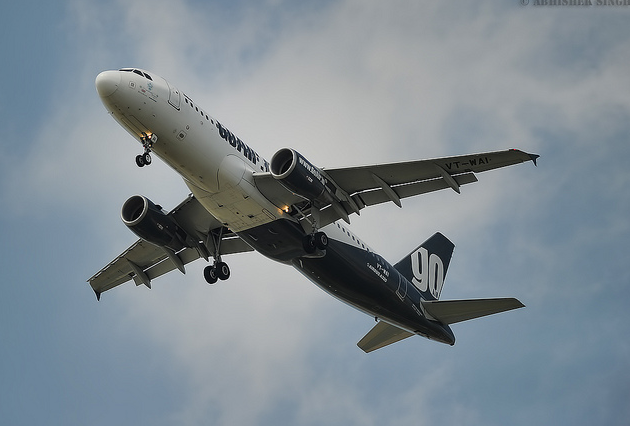
For casual travelers, the way airlines set fare prices can seem either arbitrary or a conspiracy that combines magic and higher mathematics. But fare prices do follow predictable trends, at least for corporate travel managers. This year, increased demand is expected to drive up airfares for business travelers.
A sign of our strengthening economy, companies are traveling more to pursue new opportunities, according to an article on the Los Angeles Times website. Domestic airfares will increase by 4.6 percent in 2013, suggests a recent survey from the Global Business Travel Association, and international flights likely will rise by as much as 8.3 percent.
The year’s first price increase targets business travelers who book flights within seven days. Delta Air Lines is hiking those fares between $4 and $10, according to the Los Angeles Times article, with every other major carrier following suit. Based on historical trends, business travelers should expect another fare hike every two months or so, according to the article.
To contain costs, companies need to provide clarity on which types of airfares comply with stated expense policies. One way to help employees and travel managers find appropriate fares is by implementing a software-based solution, such as expense report software.
An automated expense policy integrates your company’s expense rules with software used to authorize, procure, track, process and reimburse employees for business-related expenses. This streamlined solution helps employees make sure their travel plans follow company rules before booking accommodations and flights.
Managers, in turn, gain access to facts and data that they can use to improve efficiency by negotiating more cost-effective travel options, spotting errors or fraud, streamlining rules and spending guidelines, and identifying opportunities for relationships with preferred vendors.
This year’s airfare hikes may not affect occasional travelers, but they could have a major impact on businesses. The average organization spends 8 to 12 percent of its annual budget on travel, entertainment and other employee expenses. When airfares represent a sizeable chunk of that budget, it’s important to find ways to contain costs.
What are some ways your business is controlling travel expenses this year?
Search
Subscribe
Latest Posts
Posts by Category
Our choice of Chrome River EXPENSE was made in part due to the very user-friendly interface, easy configurability, and the clear commitment to impactful customer service – all aspects in which Chrome River was the clear winner. While Chrome River is not as large as some of the other vendors we considered, we found that to be a benefit and our due diligence showed that it could support us as well as any large players in the space, along with a personalized level of customer care.
We are excited to be able to enforce much more stringent compliance to our expense guidelines and significantly enhance our expense reporting and analytics. By automating these processes, we will be able to free up AP time formerly spent on manual administrative tasks, and enhance the role by being much more strategic.